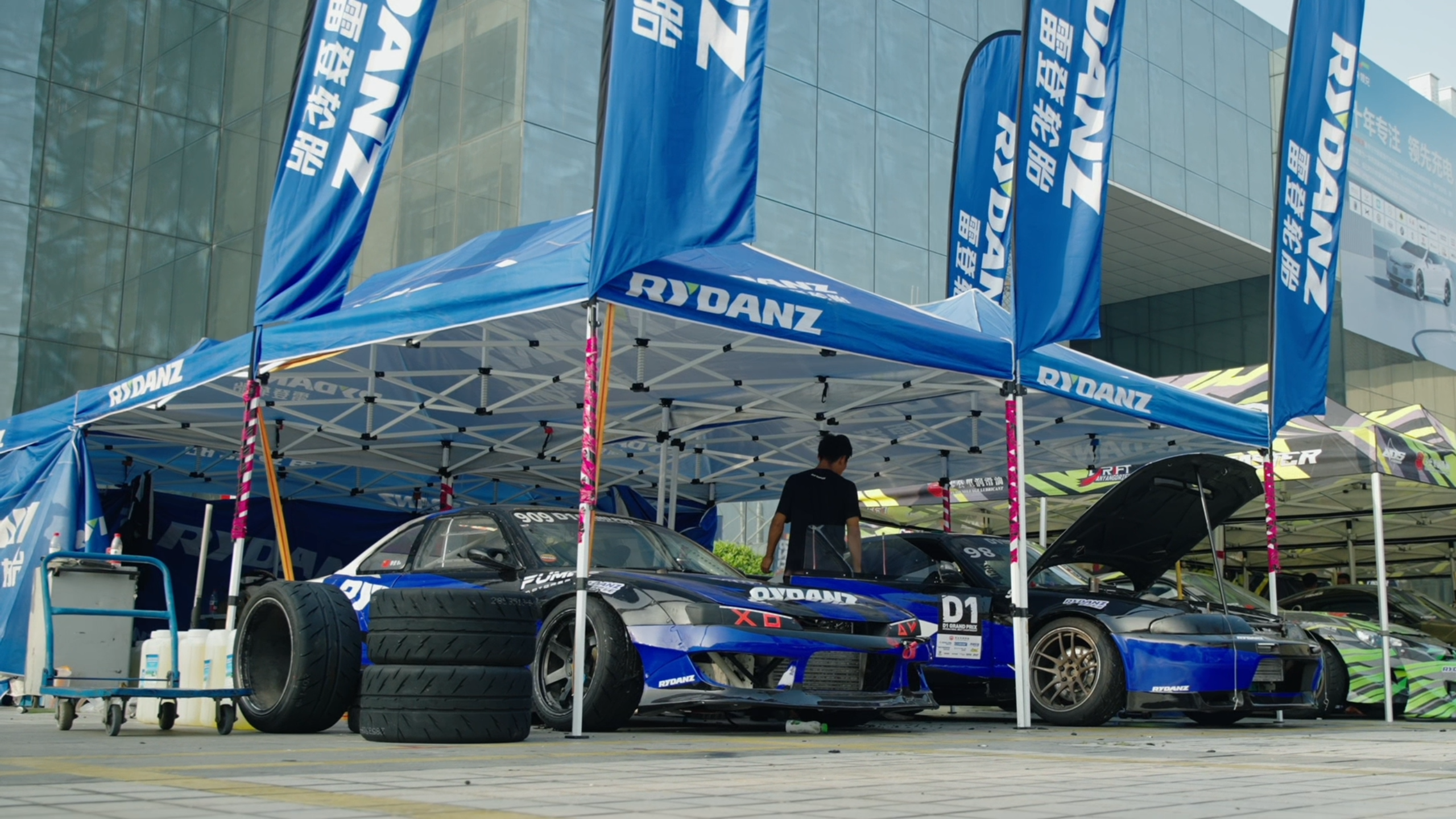EVENT TOPICS
FEATURED PRODUCTS

RK802
VIEW PRODUCTS


RGT566
VIEW PRODUCTS


RGA318
VIEW PRODUCTS


RK579
VIEW PRODUCTS


RK559
VIEW PRODUCTS


RK589
VIEW PRODUCTS


RK388G
VIEW PRODUCTS


RK289
VIEW PRODUCTS


RK266
VIEW PRODUCTS


RGA318
VIEW PRODUCTS


RK802
VIEW PRODUCTS


RGT566
VIEW PRODUCTS


RGA318
VIEW PRODUCTS


RK579
VIEW PRODUCTS


RK559
VIEW PRODUCTS


RK589
VIEW PRODUCTS


RK388G
VIEW PRODUCTS


RK289
VIEW PRODUCTS


RK266
VIEW PRODUCTS


RGA318
VIEW PRODUCTS


RK802
VIEW PRODUCTS


RGT566
VIEW PRODUCTS


RGA318
VIEW PRODUCTS


RK579
VIEW PRODUCTS


RK559
VIEW PRODUCTS


RK589
VIEW PRODUCTS


RK388G
VIEW PRODUCTS


RK289
VIEW PRODUCTS


RK266
VIEW PRODUCTS


RGA318
VIEW PRODUCTS


RK802
VIEW PRODUCTS


RGT566
VIEW PRODUCTS


RGA318
VIEW PRODUCTS


RK579
VIEW PRODUCTS


RK559
VIEW PRODUCTS


RK589
VIEW PRODUCTS


RK388G
VIEW PRODUCTS


RK289
VIEW PRODUCTS


RK266
VIEW PRODUCTS


RGA318
VIEW PRODUCTS

TECHNOLOGY DRIVES POWER
The company adheres to the concept of “technology drives power”, focuses on tire research and development and innovation, and continuously improves product performance and quality.
MUST WATCH
ONLY FOR OUR DRIVERS
Rydanz has been committed to R&D of advanced technology and manufacturing of high-quality tires,
in order to provide more competitive tires and create a safe,
efficient and cozy driving experience for global customers.





























